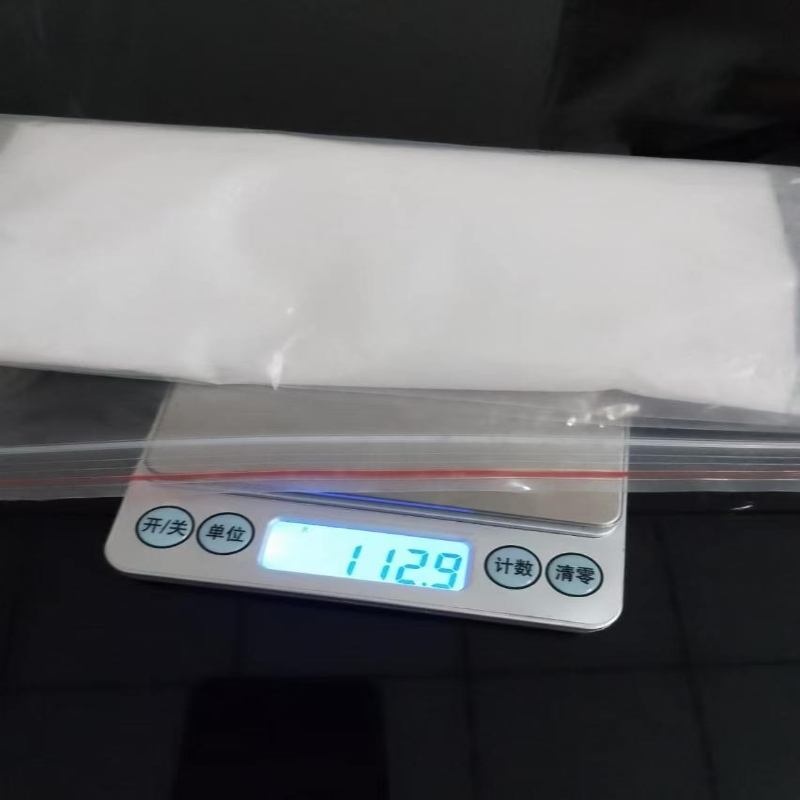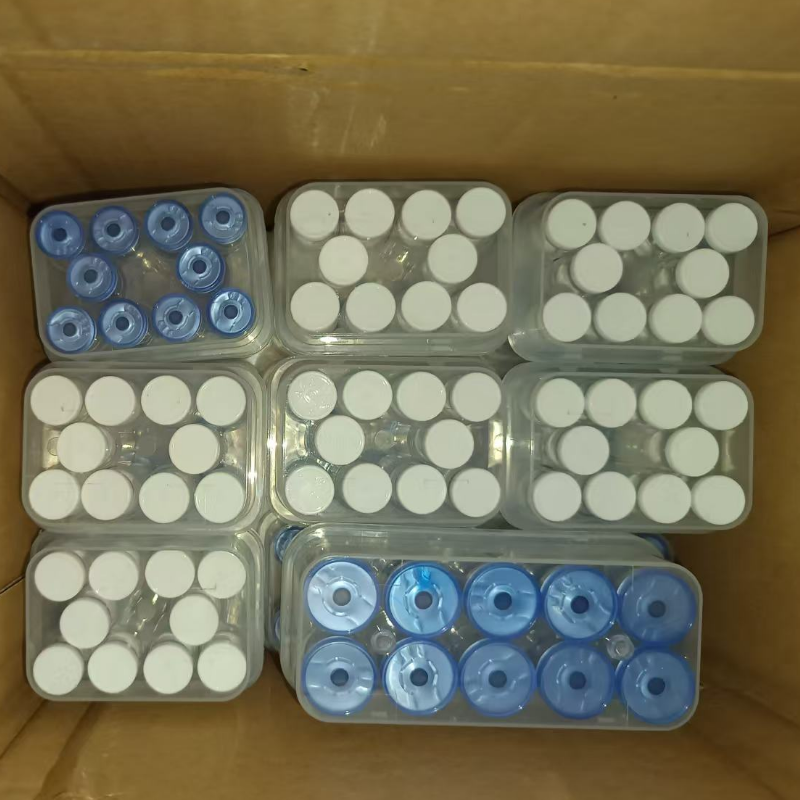-
Categories
-
Pharmaceutical Intermediates
-
Active Pharmaceutical Ingredients
-
Food Additives
- Industrial Coatings
- Agrochemicals
- Dyes and Pigments
- Surfactant
- Flavors and Fragrances
- Chemical Reagents
- Catalyst and Auxiliary
- Natural Products
- Inorganic Chemistry
-
Organic Chemistry
-
Biochemical Engineering
- Analytical Chemistry
-
Cosmetic Ingredient
- Water Treatment Chemical
-
Pharmaceutical Intermediates
Promotion
ECHEMI Mall
Wholesale
Weekly Price
Exhibition
News
-
Trade Service
This article is the original of Translational Medicine Network, please indicate the source for reprinting
Author: Mia
Immunotherapies that directly enhance the anti-tumor CD8+ T cell response have limited efficacy, highlighting the need
for alternative therapies.
Anti-tumor T cell responses rely primarily on antigen-presenting dendritic cells (DCs), and enhancing the mobilization, antigen loading, and activation of these cells may be a promising approach
to enhance T-cell-based therapies.
On November 22, 2022, researchers from the Icahn School of Medicine at Mount Sinai published in Nature Communications titled "Expanding cross-presenting dendritic cells enhances oncolytic virotherapy and is critical for long-term anti-tumor immunity.
" Research papers
.
This study confirms that increasing cross-presentation dendritic cells in oncolytic therapy is an effective strategy
to achieve efficient and long-term anti-tumor immunity.
https://doi.
org/10.
1038/s41467-022-34791-8
Research background
01
Most cancer immunotherapies rely on inducing tumor-specific CD8+ T cells to recognize tumor antigens (Ag)
on class I MHCs.
The scientists put a lot of effort into enhancing these T cell responses during the effector phase, such as increasing activation signals or blocking inhibitory signals
through checkpoint blockades.
However, these strategies have only been successful
in some patients.
Another way to enhance anti-tumor T cells is to harness the potential of dendritic cells (DCs) to induce de novo generation
of anti-tumor T cells by cross-presenting tumor Ag and providing T cell co-stimulation signals.
Cross-presented dendritic cells are important not only for initiation of T cell responses, but also for lasting memory of T cells
.
In patients with advanced cancer, expansion of intratumor (i.
t.
) dendritic cells can promote systemic tumor CD8+ T cell infiltration and long-term tumor regression
.
Effective anti-tumor T cell responses require dendritic cells to be mobilized, antigenically loaded, and activated, but how best to achieve this remains an open question
.
Inoculation in situ (ISV) strategy
02
Ag-loading DC for optimal tumor Ag-specific CD8+ T cell response is a critical step
.
Recent research advances have made it possible
to identify potential tumor Ag through individualized tumor exome and RNA sequencing, neoepitope prediction, peptide synthesis, and subcutaneous administration.
This ex vivo produced vaccine induced new epitope-reactive T cells in early trials, but required significant time and resources
.
Another approach that requires less time and resources is to release tumor Ag and activate DC at the patient's tumor site, i.
e.
, in situ inoculation (ISV), which eliminates the need to predetermine tumor Ag.
Researchers have previously demonstrated that effective ISVs can be achieved
by mobilizing DC with the Flt3 ligand (Flt3L), radiation therapy to release tumor Ag and load DC, and TLR agonist (TLRa) to activate Ag-loaded DC.
The use of oncolytic viruses is a promising ISV strategy that can both induce immunogenic cell death, load dendritic cells with tumor Ag, and stimulate pro-inflammatory signaling to activate dendritic cells
.
In this study, the researchers used a non-human pathogen that can be adapted to Newcastle disease virus (NDV)
for a variety of cancers.
Flt3L enhances cross-sensitization of antitumor CD8+ T cells after NDV cell lysis
03
The researchers found that after Flt3L administration, the expansion of dendritic cells affected in situ inoculation of oncolytic Newcastle disease virus (NDV).
Mechanistically, NDV activates DC, sensitizes dead cell receptors to dying tumor cells by upregulating them, and synergizes with Flt3L to promote cross-sensitization
of anti-tumor CD8+ T cells.
In vivo, in situ inoculation of Flt3L-NDV induces parallel expansion of viral and tumor-specific T cells, promoting long-term control
of tumors.
These data suggest that mobilization of dendritic cells to increase tumor antigen cross-presentation can improve oncolytic viral therapy and induce new epitope-specific T cells
without the need for individualized in vitro manufactured vaccines.
Resources:
https://doi.
org/10.
1038/s41467-022-34791-8
Note: This article is intended to introduce the progress of medical research and cannot be used as a reference
for treatment options.
If you need health guidance, please go to a regular hospital
.
(Click above to view the detailed schedule)







